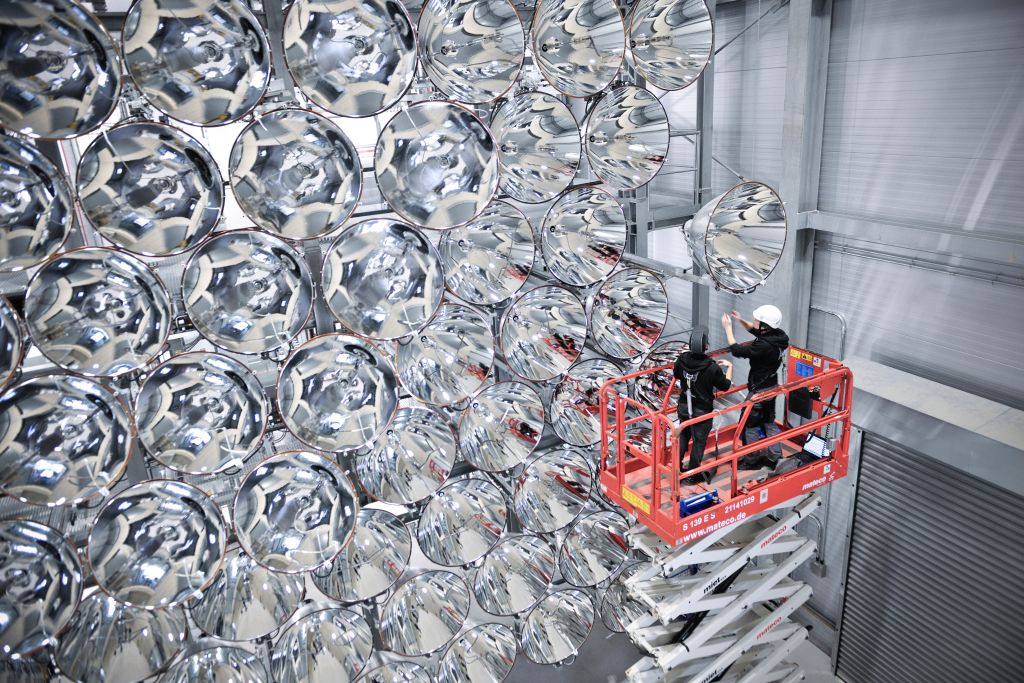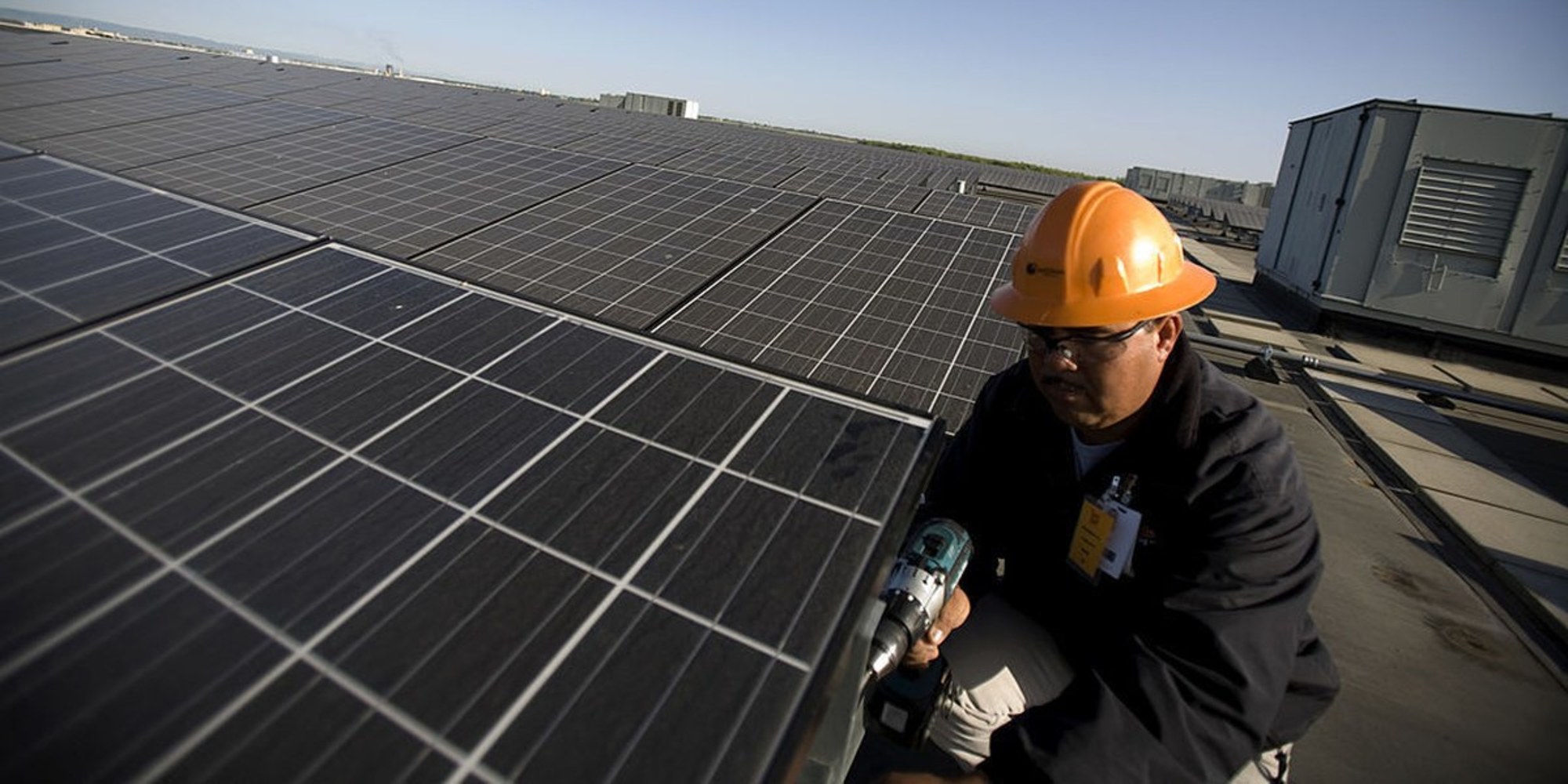
Taiwan-based architecture studio has come up with an environmentally friendly solution: TRASHPRESSO, a traveling solar-powered recycling plant that turns trash into tiles.

Australian builder is offering solar and battery storage as standard. It comes with a Tesla Powerwall 2, which offers 13.5kWh of storage capacity. This combo should allow a family to meet 90% of their own energy needs.

Singapore and German researchers succeeded in developing and fabricating the first full-size interdigitated back contact (IBC) bifacial solar module in the world. The groundbreaking module could last longer and generate more power.

A new study finds key to produce perovskite solar cells that display both high efficiency (21.2%) and long-term stability (1,000 hours of light exposure).

The world built more renewables for far less money last year, report UN and Bloomberg New Energy Finance.

A $1 billion battery and solar farm will be built at Morgan in South Australia's Riverland by year's end in a project the proponents describe as "the world's biggest".

Dubbed the “artificial Sun”, the Synlight uses concentrated light to power Thermochemical Water Splitting (TWS.) The Synlight project will mimic the effect of intense, continuous solar energy, something that is not readily available in Germany.

A group of researchers funded by a Japanese government program develops “industrially compatible” cells.

A coal mine in Germany will never produce coal again. Instead it is being converted into a pumped-storage hydroelectric reservoir. This means that it will be used to store excess energy from green sources like solar and wind.

Tamarugal project expected to theoretically generate 2,600 GWh of electricity annually.

Scientists in England have developed a technique that uses solar power to produce clean hydrogen from biomass.

Researchers have come up with a new perovskite technology that could dramatically increase the efficiency and decrease the cost of solar cells.

The solar industry in USA saw its biggest growth ever in 2016, and is expected to triple in size over the next five years.

The Kauai project consists of a 52 megawatt-hour battery installation plus a 13 megawatt SolarCity solar farm. Tesla and the Kauai Island Utility Cooperative believe the project will reduce fossil fuel usage by 1.6 million gallons per year.

By the end of 2017, company should have solar arrays covering millions of square footage.